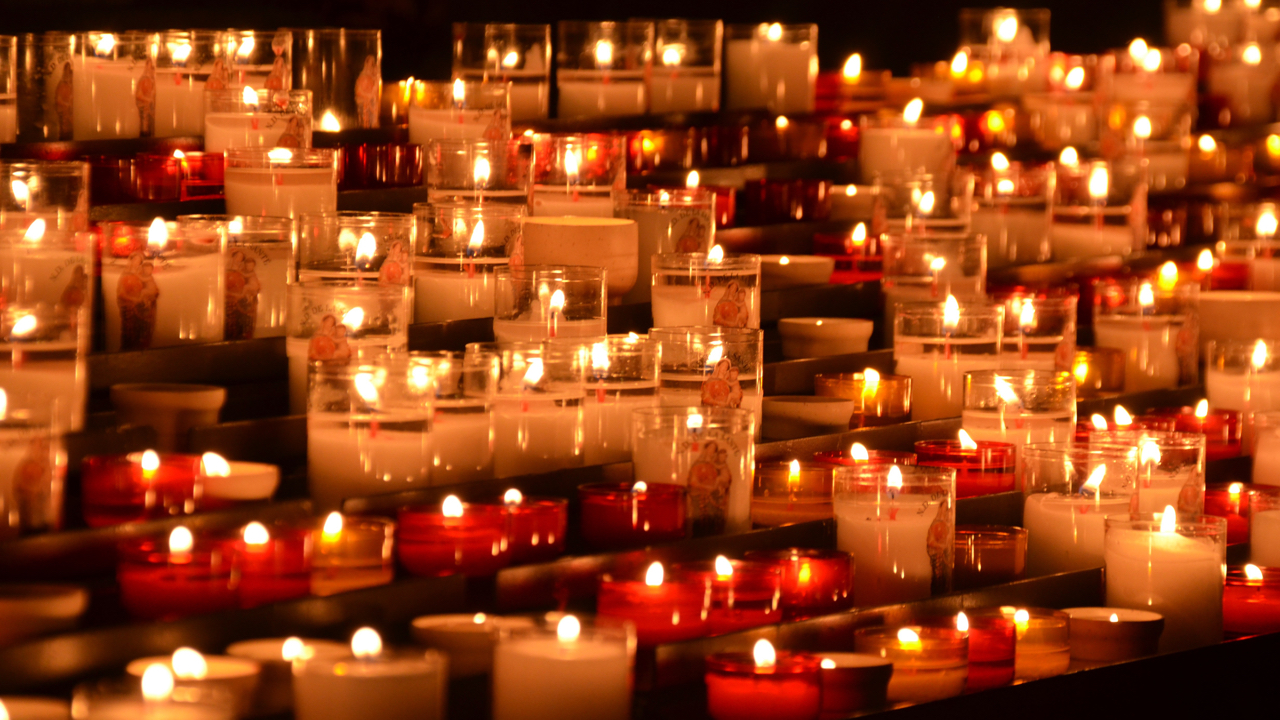The Role of Rituals in The Grieving Process
Aug 28, 2023
A ceremony, such as a wedding or a funeral, can be looked at as a form of ritual - a series of actions to mark or recognise an event or happening. If you are considering becoming a Celebrant, you will need to know how rituals work in a practical sense, but also their role in a person’s emotional journey. In particular, it can be useful to know how rituals help with grief and healing.
How Do Rituals Help With Grief?
Rituals play a profound role in the human experience, serving as powerful tools for navigating life’s transitions and challenges. As a Celebrant, you partake in this incredibly powerful experience, helping people in their grief process by facilitating rituals in ceremonies.
Grief is a normal, healthy response to the experience of loss and is felt by everyone at some point in their lives. It encompasses a wide range of emotions, from sadness and anger to denial, confusion and despair. You can learn more about grief and supporting someone in grief, here.
Rituals provide structure and meaning during these challenging times, offering a sense of stability and comfort. By engaging in meaningful symbolic rituals, individuals can honour the memory of their loved ones, acknowledge their pain, and begin to find a path towards healing.
As a Celebrant, you can help to create a sacred, or spiritual safe space for a ritual to take place. Whether it’s a funeral or a remembrance ceremony, rituals allow mourners to gather together, share their stories, and find solace in the presence of others who understand their pain. By providing a designated time and space for grief, rituals give individuals permission to fully express their emotions and explore deep philosophical and spiritual questions, creating a supportive environment for healing and growth.
Rituals can also give people the structure to try and make sense of their grief, which is often a chaotic and confusing emotion to navigate. Activities such as lighting candles, planting a tree, creating a memory box, writing letters, or visiting graves can create a tangible connection to the person who has passed away, allowing mourners to maintain a bond with their loved one even in their absence. These actions provide a sense of comfort and reassurance. When you train with The International College of Professional Celebrants, you learn much more about overseeing and implementing rituals into ceremonies.
Lastly, rituals can help individuals negotiate through the different stages of grief and adapt to the new reality they face. They offer a sense of structure and rhythm during a time when life may feel chaotic and unpredictable. Rituals can be recurring, such as anniversaries or annual remembrance ceremonies, providing a sense of continuity and a space to revisit and honour the memory of the deceased. Through these ongoing rituals, mourners can gradually integrate their loss into their lives, allowing for the possibility of growth and transformation.
Rituals, Grief and The Celebrant
Celebrants play a central role in the ceremonial process for mourners. From meeting families and preparing the eulogy to overseeing the smooth execution of the funeral ceremony, Celebrants are the backbone of proceedings.
Becoming a funeral Celebrant is a huge undertaking and one we want you to consider carefully. It requires training, commitment, and a number of traits and attributes some of which you can find in our Quiz.
You can also find many more useful resources such as our Youtube channel which is packed with advice and guidelines on becoming a Celebrant. If you have questions please feel free to join our group Celebrant Training and reach out to working Celebrants for advice.

